
The Deputy CEO of the National Iranian Drilling Company announced the drilling and completion of 48 oil and gas wells in the first four months of this year in the country's onshore and offshore areas.

In the 14th round of oil sanctions since 2018, the United States imposed the most extensive set of sanctions against Iranian oil exports.
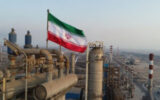
The average price of Iranian heavy oil in 2024, based on statistics provided by the Organization of the Petroleum Exporting Countries (OPEC), was $79.71 per barrel.

OPEC figures show that Iran's revenue from oil exports will exceed $46 billion in 2024 by more than $5.6 billion (an increase of 14%).

The legal director of the National Iranian Oil Company announced the launch of a "comprehensive system for domestic contracts" and said: "This system covers the contract process from beginning to end and is a major step towards agility, mechanization, and reducing human errors in the legal field of the oil industry."
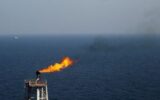
Gas flaring in Iran, with a share of 15% of global flaring, burns billions of dollars of wealth and has become a threat to the health and environment of oil-rich regions.
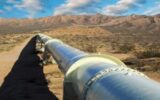
The National Iranian Oil Engineering and Construction Company, as the executive arm of the refining industry, is always in a state of constant flux, just like the flow of oil, gas, and petroleum products production in our country; various projects are completed one after another and new ones are started. The company is simultaneously working on several large and small projects, some of which, like the Bandar Abbas-Rafsanjan pipeline, are in their final stages.

The fire incident in Unit 70 of the Abadan Oil Refinery was completely contained with the efforts of operational and rescue teams.
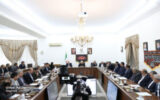
The National Development Fund's investment in the emergency plan to increase daily crude oil production by 250,000 barrels was approved at a meeting of the Economic Council.
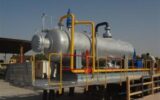
The CEO of Arvandan Oil and Gas Company announced the launch of an oil fluid separation unit in the South Azadegan field with a daily capacity of 5,000 barrels, with the aim of reviving and making low-pressure wells productive.










